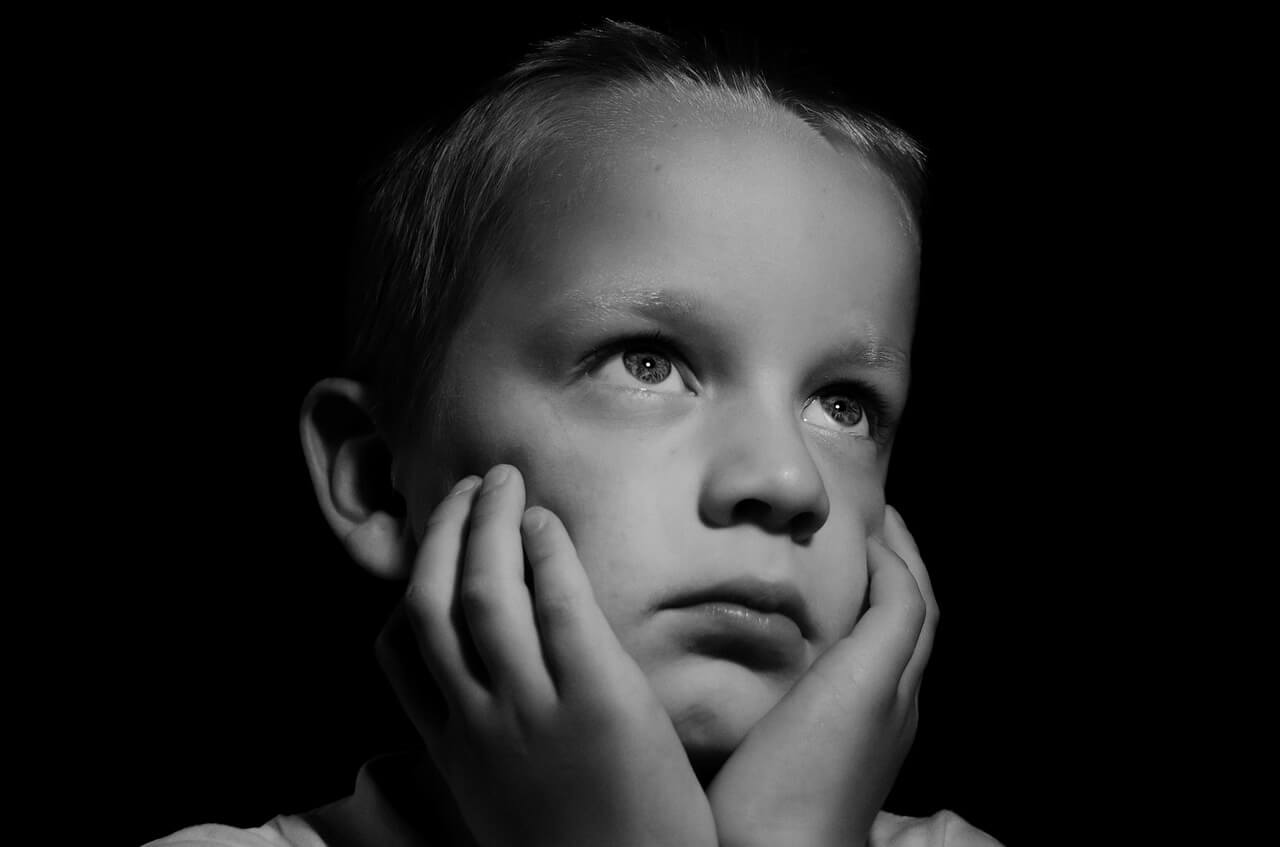How To Raise Emotionally Resilient Kids?
Published on 9 February 2018 by Edu Aid | For Parents

Emotional resilience refers to “one’s ability to adapt to stressful situations or crises. More resilient people are able to “roll with the punches” and adapt to adversity without lasting difficulties; less resilient people have a harder time with stress and life changes, both major and minor.” (Source: https://www.verywell.com/emotional-resilience-is-a-trait-you-can-develop-3145235) The quoted website (an established Psychology and Wellness website) gave a very accurate description of what Emotional Resilience is, and makes a great read if you want to find out more about Emotional Resilience in general.
For this read, we will be focusing more on how to raise our children to be emotionally resilient, rather than how we can help ourselves to be resilient. It definitely helps if we ourselves are emotionally resilient in the first place; and you may learn from the above link on that. However, an emotionally resilient parent may not always produce an emotionally resilient child. It is a conscious parenting effort to make that happen. We should not leave it to chance.
Understanding Emotions
An emotionally resilient person is very conscious of his emotions most if not all times. He does not reject his emotions. He understands that they are real and legitimate. Emotions are feelings. Some of our emotions include anger, happiness, sadness, frustration, and jealousy. An emotionally resilient person may feel angry, but will not act impulsively in his anger.
It is important that we start to teach our children to identify their emotions accurately from as young an age as possible. A child who doesn’t understand how he is feeling will not know why he behaves a certain way. He may be reacting to a feeling he doesn’t know about. He ends up either whining or throwing a bad temper uncontrollably. He feels as bad and helpless about it as you do.
There are plenty of emotions/feelings books in the library. One of which is “A Book of Feelings”. Another great resource to teach feelings would be from the Daniel Tiger Series: Big Feelings and Life’s Little Lessons. This series is very engaging and easy to understand for young children. The link given is a list of songs you can download from the series that teaches feelings. You may view Daniel Tiger series from YouTube.
A child who can identify his emotions and manage them adequately will be able to handle stress better. He is able to move on logically to solve his problems rather than wallowing deep in his emotional mire.
A Safe Home
Home should be a place we can be who we truly are, ideally. A child’s home should be his safe haven for venting his emotions without being judged. If he has had a happy day in school, he should be able to come home happy and have someone to share his happiness. If he has had a terrible day, he should want to go home to his safe space to vent his frustrations. None of his feelings should be judged at home. His feelings should be both acknowledged and accepted at home. A child who does not have a safe place to vent his feelings will end up suppressing his emotions. Too much-suppressed emotions add stress to a person. Any other stress factors coming into his life can become a tipping point for him, leading to a breakdown.
A home is no longer safe if both parents are not on good terms. A child’s security lies in knowing that his parents love one another. The physical environment does not make the home. The parent’s love for one another makes the home. A child can tell if a cold war is happening between his parents. A cold war is just as bad as a heated argument at home. It creates a lot of tension, and most of the time the child will find it hard to handle the tension. To not add to the tension, the child feels unsafe to either express his happiness from school in such an unhappy situation or express his unhappiness lest it heightens the tension in the house. Therefore, make peace with your spouse as much as you can. A peaceful and loving home makes a safe home.
Overprotection – A Parenting Flaw
Have you ever seen parents who only want their children to feel happy? This is a terrible parenting flaw, and raises kids who are least emotionally resilient. Our children should be allowed to experience a myriad of emotions from as young an age as possible. We ought not to rush them through the negative ones to bring them prematurely to positive emotions. One example is a common scenario: A child carelessly walked into a table and hurt himself. He started wailing loudly. The grandparent immediately hugged the child and started beating the table, saying “Naughty table! Ok, stop crying.” to stop the child from crying. The child became amused by that act and stopped crying. This act is wrong in many ways. For one, it does not teach the child to reflect on his own mistakes. The table is at fault, not him. In the aspect of emotions, the child learns from a young age that he should not cry. He learns that he is expected to laugh more than he cries. This is a wrong thinking. A child must be allowed to cry if he needs to, and not be stopped prematurely.
Once a child believes that happiness is the only acceptable emotion because his parents only want him to be happy, he starts to negate the rest of his emotions. All these emotions become suppressed. The only emotion he will express is happiness. He ends up looking at everyone like a very happy child but he knows he is not. He is a very oppressed child in fact, with raging emotions beneath. When life’s stress factors kick into his life, he won’t be able to handle them appropriately.
A child’s growing up journey should be a colorful one. No parent should try to shield his child too much from emotions like sadness, jealousy, or frustration. A child who is able to handle his emotions at a young age will be more resilient to more complicated feelings when he grows older.
Conclusion
In this day and age, we hear of far too many suicide cases committed by young people. Students commonly commit suicide after exams results in release. Those who didn’t attempt suicide usually find other unhealthy ways to manage their stress, like addiction to alcohol, drugs, gaming, pornography, or self-cutting.
Our society calls the younger generation the “strawberry generation” – a generation who can’t take stress or hardship. Could this be a parenting flaw? Can we blame the children for the way they end up?
As we pursue academic excellence for our children, let us also work as hard to grow emotionally resilient children. A child who crumbles after a little stress kicks in will not be able to go far, no matter how smart he is.





